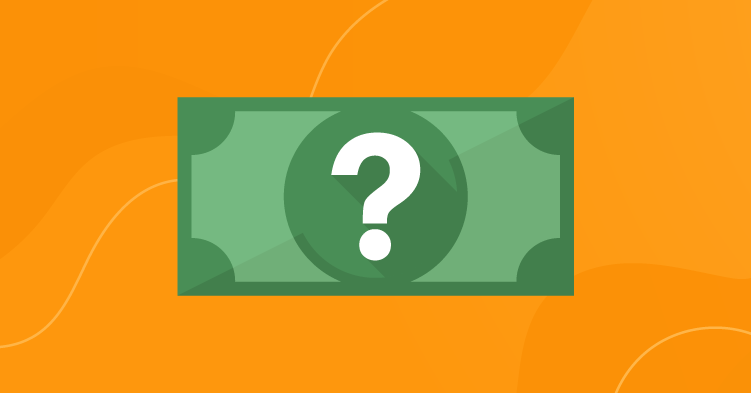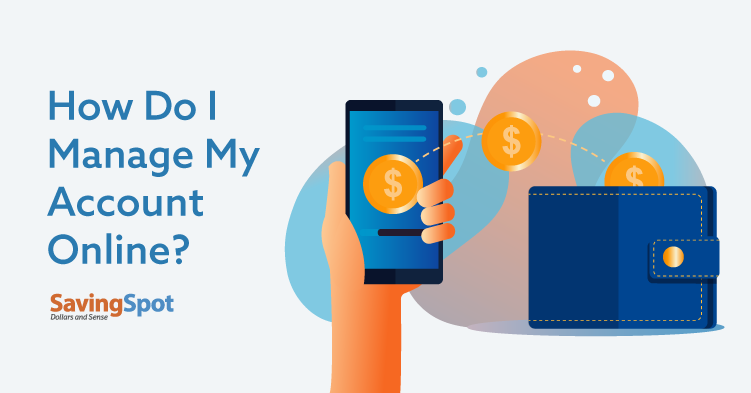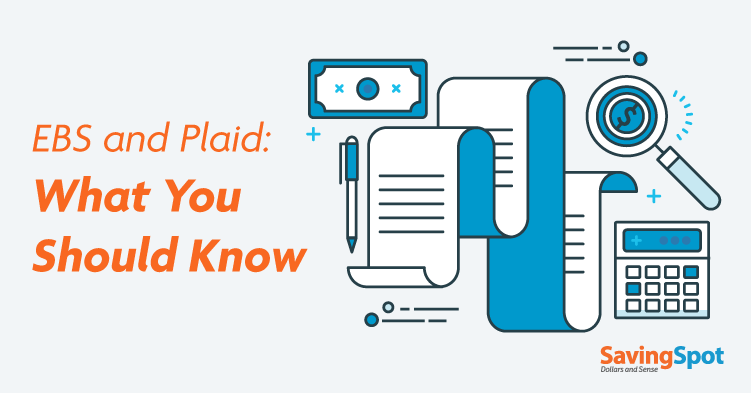When you’re in need of a personal loan, you may be surprised to learn about the number of funding options available. Payday loans, installment loans and lines of credit are some of the most common.
The amount of personal loan options can make it hard to determine what’s what, and what’s best for your situation. And in this moment, you may just be wondering:
Are payday loans installment credit or revolving credit?
If you’re considering a payday loan, it’s important to understand how it works — and what kind of credit it is. Let’s take a closer look at payday loans and answer the question of whether they fall into the category of installment credit, revolving credit or neither.
Is a payday loan installment or revolving credit?
A payday loan is neither installment nor revolving credit. It’s a short-term loan that is most often repaid all at once — usually after only a couple weeks. A payday loan is more similar to an installment loan than it is to revolving credit because it is also a type of term loan. With both types, you receive a lump sum of money and repay it over a loan term.
The difference between payday loans and installment loans is that payday loans are almost always repaid in one payment (on or near your next payday). Installment loans are generally repaid in monthly installments over a period of several months or years.
What’s the difference between a payday loan and revolving credit?
Revolving credit (which may also be referred to as a “revolving loan”) is a type of funding in which the borrowed funds are made available for use again as they are repaid. Common examples of revolving credit include credit cards and lines of credit.
A payday loan, on the other hand, is a one-time sum of money that is advanced to a borrower and most often repaid in one payment. After the loan is repaid, the borrower would have to apply again or seek funding in other ways to borrow more.
What are the benefits of revolving credit?
With revolving credit, you receive a credit limit from which you can access funds. You can then use those funds to pay for most personal expenses. Whether you’re repaying a credit card or a line of credit will affect the exact way repayment works — but generally you make at least a minimum payment each month (or more often). As funds are repaid, they become available for use again.
The main benefit of this type of funding is that it allows a borrower access to funds on an ongoing basis without having to reapply for additional money. As long as you have available credit, you can use the revolving credit whenever you need.
What are the benefits of installment loans?
Compared to a payday loan, an installment loan can offer several benefits.
Longer repayment periods. The main difference between a payday loan and an installment loan is the repayment term. While payday loans are almost repaid in one single payment, installment loans are generally repaid in monthly payments over the course of several months or years.
Larger loan amounts. Installment loans generally come with larger available loan amounts than payday loans. The larger amount of money available is because installment loans are designed to be repaid over a longer period of time.
Lower interest rates. Most installment loans will come with a lower interest rate than a payday loan. Payday loans are known to have very high annual interest rates. However, make sure you do the math to determine how much you’ll pay in total interest. An installment loan may have a lower annual percentage rate (APR) than a payday loan, but the total cost of borrowing may be higher if it’s repaid over a longer period of time.
What are some types of installment loans?
Examples of installment loans include the following types of funding:
Personal loans. The term “personal loan” generally refers to an unsecured loan used to cover any personal expense.
Mortgage loans. Mortgage loans are a common type of installment loan used to pay down the purchase of a home.
Student loans. Student loans are a type of installment loan used to pay for higher education costs.
Auto loans. Car loans are a type of secured installment loan that uses your car as collateral.
Do installment loans come with a fixed interest rate or variable interest rate?
With a fixed interest rate loan, your interest rate and monthly principal amount will stay the same. With a variable interest rate (also known as an adjustable rate) there is an initial fixed period before the rate either increases or decreases, depending on the market.
Whether an installment loan has a fixed interest rate or variable interest rate mostly depends on the type of installment loan. Most commonly, personal installment loans have fixed interest rates. Installment loans that may have a variable interest rate include mortgage loans and private student loans.
Where can I apply for a payday loan?
If you’ve ultimately decided a payday loan is best for your situation, the following financial institutions may serve as a payday lender:
Online lenders. Some online lenders offer short-term cash advances such as payday loans. Neighborhood Trust offers online loans used as payday loan alternatives in some states.
Brick-and-mortar lenders. Some storefront lenders still offer payday loans in the form of cash loans.
Credit unions. Many federal credit unions will offer what’s known as a payday alternative loan, or PAL. PALs can range from $200 to $1,000 with loan terms of one to six months.
Cash advance apps. Cash advance apps let you borrow from your next paycheck before you’ve been paid. But rather than charging interest, cash advance apps generally use different ways of charging you money on top of repayment.
Do you need good credit to be approved for a payday loan?
Having a good credit score definitely makes it easier to be approved for any type of loan. All lenders conduct some sort of credit check before making a lending decision. To give yourself the best chance of approval, check with the major credit bureaus to make sure your credit report is accurate.
If you have bad credit or just need to improve your credit history, be sure to make on-time payments and keep your credit utilization ratio down. Payment history and credit utilization ratio are the two most important factors of your credit score.




